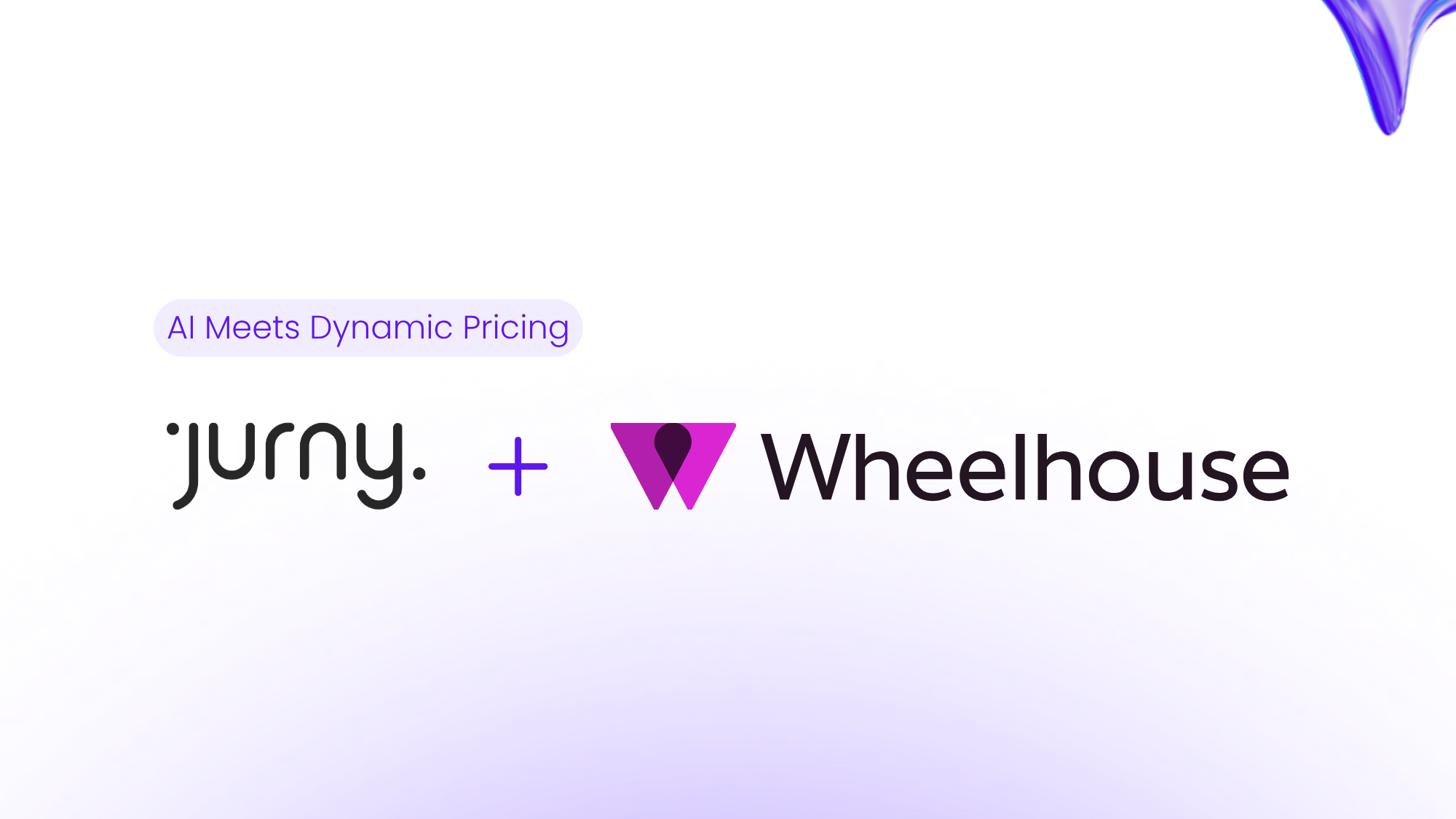Effective revenue management is an essential aspect of a profitable vacation rental business. It requires property managers to strategically price their rentals to generate maximum revenue while minimizing vacancies. By comprehending the concept of revenue management, managers can make informed decisions that will help them earn higher profits.
In this blog post, we will discuss some vital strategies so that property managers can take complete control of their revenue.
Understanding Revenue Management
Revenue management involves strategically setting rental prices to maximize revenue while minimizing vacancies. It requires a deep understanding of market dynamics, historical data, and guest behaviors. Successful revenue management can significantly boost the profitability of a vacation rental business.
Implementing Minimum Night Stays
Setting minimum night stay requirements is a fundamental revenue management strategy. By enforcing a minimum stay, property managers can reduce gaps between bookings and increase overall occupancy rates.
- Advantages of Minimum Night Stays: Encouraging longer stays can lead to higher revenue, especially during slower seasons when guests might be more inclined to book extended vacations.
- Optimizing Calendar: A minimum night stay policy helps avoid single-night gaps between bookings, ensuring a smoother workflow for cleaning and maintenance while maximizing rental income.
When implementing this strategy, consider factors like seasonality, local events, and demand patterns. For instance, during the high season, increasing the minimum night stay can capitalize on heightened demand, while being more flexible during off-peak times can attract more bookings.
Seasonal and Event-Based Pricing Adjustments
Another crucial tactic is to adjust rental rates based on seasonality and local events. By aligning pricing with demand fluctuations, property managers can maximize revenue.
- Seasonal Pricing: During peak seasons or high-demand periods, increasing rental rates can capitalize on the surge in demand. Conversely, lowering rates during slower seasons can maintain high occupancy rates.
- Event-Based Pricing: Local events, such as festivals, concerts, or conferences, often attract visitors. Adjusting rates to cater to these attendees can significantly boost bookings and revenue.
To implement this strategy effectively, monitor market trends, competitor rates, and historical data. This will help set optimal rates and remain competitive.
Day of the Week Considerations
Understanding demand patterns for different days of the week can further optimize revenue management.
- Weekend vs. Weekday Demand: Typically, weekends see higher demand due to short getaways. Adjusting rates to reflect this can attract more bookings and increase revenue.
- Weekday Opportunities: While weekdays might have lower demand, targeting business travelers or guests with flexible schedules with competitive rates can fill these gaps.
Analyzing specific days, such as Sundays, which often see lower demand, and adjusting rates accordingly can also optimize occupancy and revenue.
Managing Gap Nights
Gap nights—unoccupied nights between bookings—can significantly impact revenue. Effective management strategies include:
- Minimum Night Stays: Implementing this can minimize one-night gaps, ensuring a seamless workflow and maximizing income.
- Discounts for Short Stays: Offering reduced rates for shorter stays between bookings can fill gaps and reduce unoccupied nights.
- Flexible Check-In/Out Times: Allowing early check-ins or late check-outs when there are no back-to-back bookings can also reduce gaps.
By managing gap nights effectively, vacation rental managers can optimize occupancy rates and increase revenue.
Leveraging Technology for Revenue Optimization
Utilizing technology is essential for modern vacation rental revenue management. Here are some key tools:
- Property Management System (PMS): A property management system automates tasks like bookings, reservations, and guest communications, saving time and reducing errors.
- Channel Manager: This tool distributes listings across multiple OTAs and booking platforms, optimizing rates and availability across channels for maximum exposure and revenue.
- Data Analytics Tools: Analyzing data points on market trends, competitor rates, and guest preferences enables informed pricing and marketing decisions.
- Dynamic Pricing Tools: These tools adjust rental rates in real-time based on factors like seasonality, demand, and competitor pricing, ensuring competitiveness and maximizing revenue.
Advanced Revenue Metrics
Understanding key revenue metrics is crucial for effective management. Important metrics include:
- Average Daily Rate (ADR): This metric calculates the average rental income per occupied night. It is determined by dividing the total revenue by the number of occupied nights.
- Revenue Per Available Room (RevPAR): RevPAR measures revenue generated per available room, accounting for both occupancy and ADR. It is calculated by dividing total revenue by the total number of available rooms.
- Conversion Rates: Monitoring conversion rates helps gauge the effectiveness of marketing efforts and pricing strategies.
By leveraging these metrics, property managers can make data-driven decisions to optimize revenue.
Jurny’s Approach to Revenue Management
Jurny, a leading provider in the vacation rental industry, exemplifies effective revenue management. By integrating advanced revenue management tools, they streamline operations and optimize revenue for property owners.
- Property Management System: Jurny’s vacation rental PMS automates booking and reservation processes, ensuring efficiency and accuracy.
- Channel Management: Their channel manager optimizes listings across multiple platforms, maximizing exposure and bookings.
- Dynamic Pricing: Jurny utilizes dynamic pricing to adjust rates in real time based on market conditions, ensuring competitiveness.
- Data Analytics: Jurny’s data analytics tools provide insights into market trends and guest behaviors, enabling informed decision-making.
Implementing These Strategies
For property owners looking to implement these strategies, consider the following steps:
- Adopt Technology: Invest in a robust PMS and channel manager to automate and optimize operations.
- Utilize Data Analytics: Leverage data analytics to monitor market trends and competitor rates, informing pricing and marketing strategies.
- Implement Dynamic Pricing: Use dynamic pricing tools to adjust rates in real-time based on demand and market conditions.
- Monitor Revenue Metrics: Regularly track key metrics like ADR and RevPAR to assess performance and make necessary adjustments.
- Optimize Booking Policies: Implement minimum night stays and flexible check-in/check-out times to reduce gaps and maximize occupancy.
Conclusion
Effective vacation rental revenue management involves a combination of strategic pricing, leveraging technology, and understanding market dynamics. By implementing these strategies, property managers can optimize their earnings, reduce vacancies, and enhance overall business performance.
For more information on how Jurny can help streamline your vacation rental operations and maximize revenue, schedule a call with us here.






.png)



